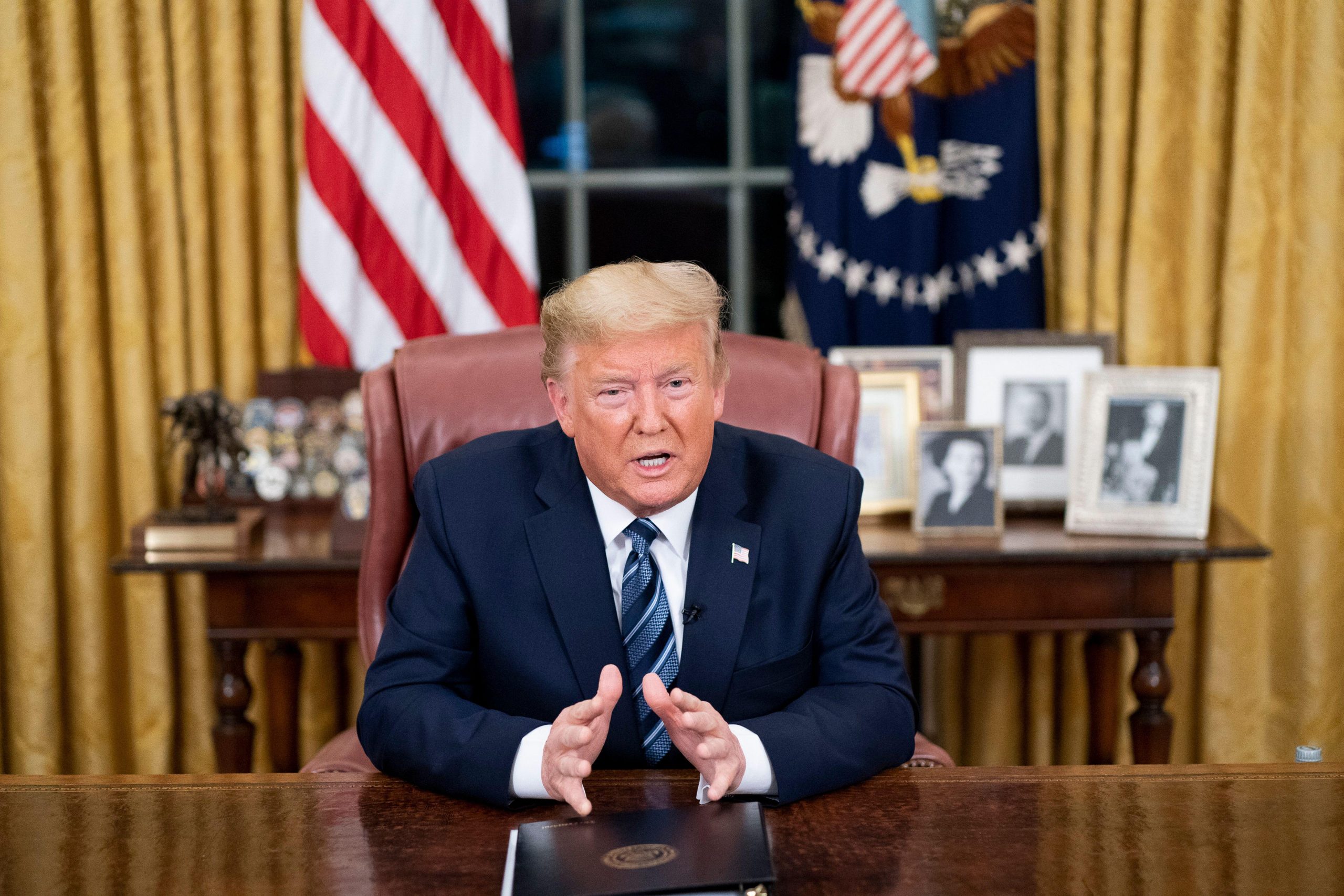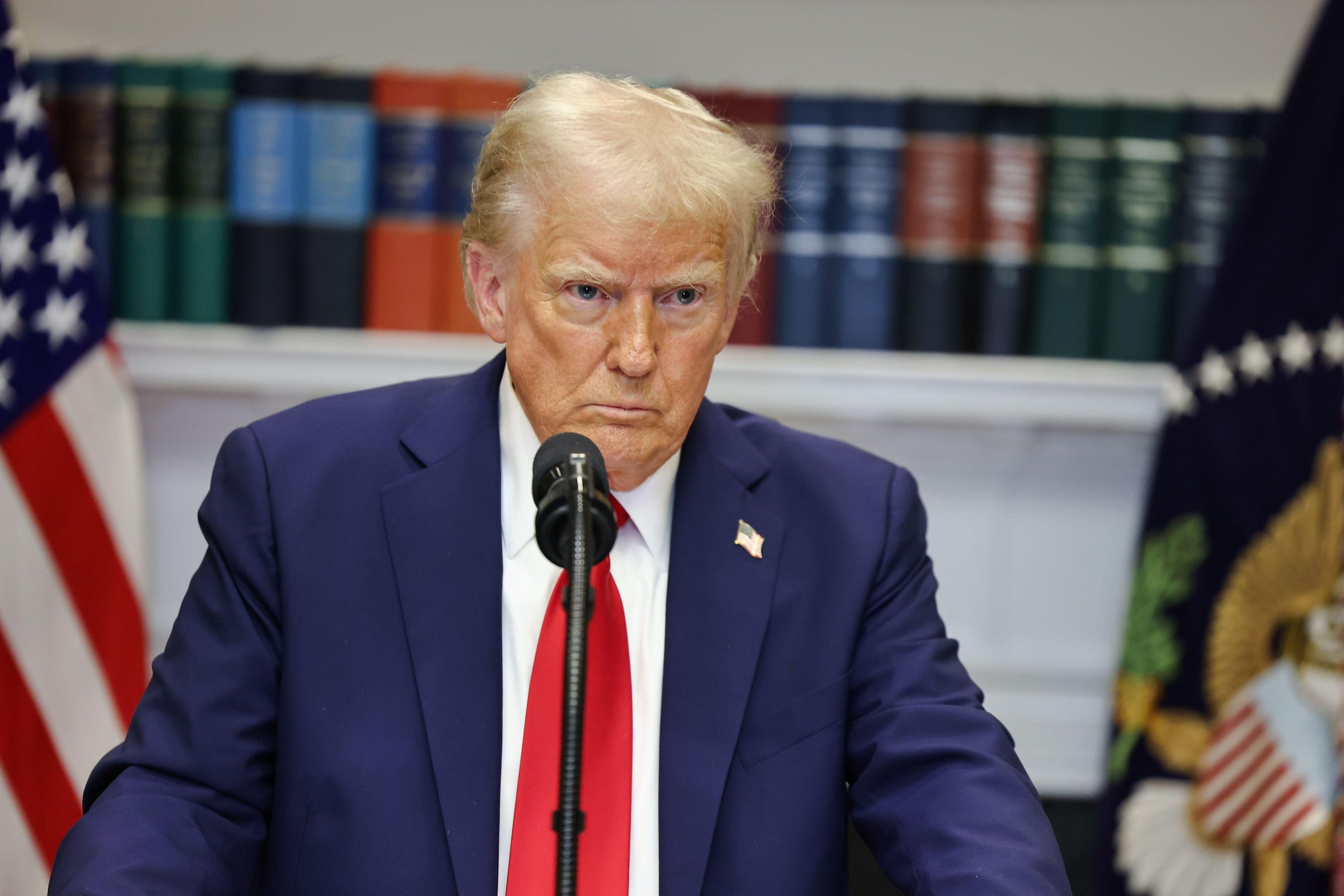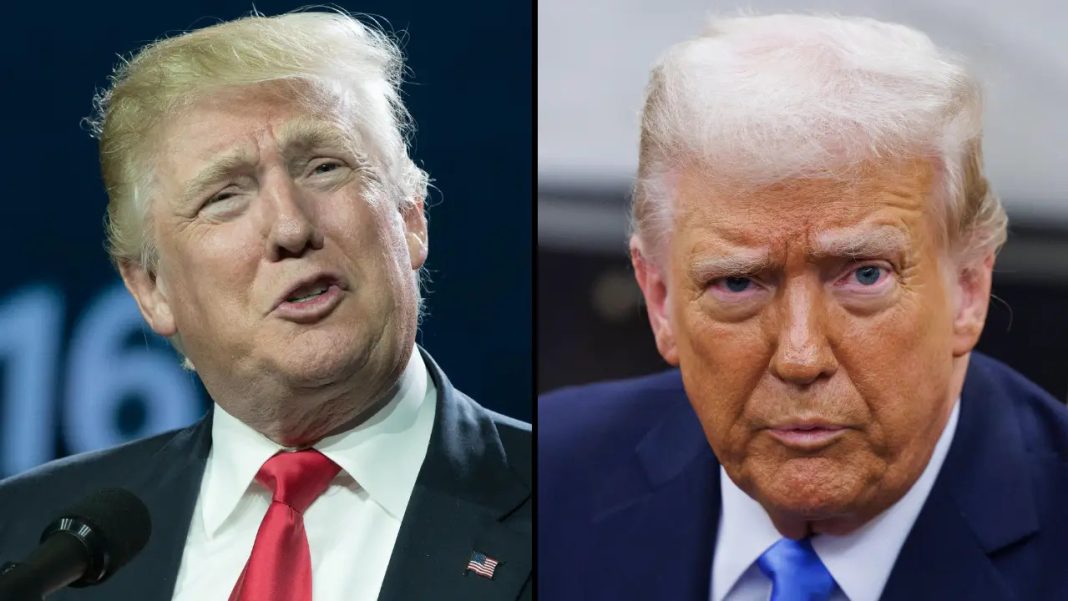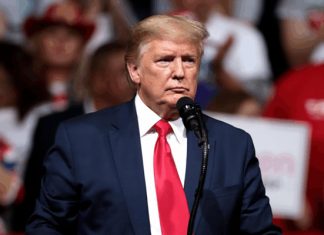Potential Expansion of Travel Restrictions Under Trump Administration
The Trump administration is reportedly exploring the possibility of extending its controversial travel restrictions to include an additional 36 countries. This development comes on the heels of a recent proclamation signed by President Donald Trump that already bans entry from an initial 12 nations while imposing partial restrictions on seven others. According to a confidential cable from the State Department, acquired by Reuters, these measures are framed as necessary steps to bolster national security amidst ongoing concerns about terrorism and inadequate identification processes. This move has not only stirred debates within the U.S. but has also sparked reactions worldwide, raising questions about the implications of such restrictive policies on international relations.

Current Travel Bans and Their Justifications
The current travel ban, which took effect on June 9, 2025, includes countries such as Afghanistan, Myanmar, Chad, Congo Republic, Equatorial Guinea, Eritrea, Haiti, Iran, Libya, Somalia, Sudan, and Yemen. In addition, seven other nations—Burundi, Cuba, Laos, Sierra Leone, Togo, Turkmenistan, and Venezuela—are facing partial restrictions. The Trump administration cites terrorism and the risks associated with admitting travelers from regions with a significant terrorist presence as the primary justifications for these bans. The administration points to several incidents, including high-profile terrorist attacks and foiled plots, as evidence for the need for comprehensive vetting processes. In a recent statement shared via video on social media platform X (formerly Twitter), Trump articulated his administration’s resolve to prevent entry from groups that could potentially harm the United States, emphasizing the need for rigorous vetting and the protection of American citizens.

Proposed Expansion: Countries Under Consideration
The newly proposed list of 36 countries under consideration for travel restrictions features nations such as Angola, Ethiopia, Nigeria, Egypt, and Syria. The internal memo, signed by U.S. Secretary of State Marco Rubio, outlines that these countries are given a 60-day timeframe to address U.S. concerns or risk being added to the list of nations facing a travel ban. The concerns highlighted by the memo include issues related to passport fraud, insufficient cooperation with U.S. authorities in deporting nationals who have been ordered removed, and elevated rates of visa overstays. For example, Nigeria, which has faced scrutiny for issues related to document verification and visa overstays, has been particularly vocal about its position, emphasizing the importance of fair treatment in regard to high numbers of Nigerians who study and work in the United States. The memorandum elaborates that the Department has identified specific benchmarks that these countries must meet to avoid suspension of entry, further complicating diplomatic relations.
Specific Cases and Their Implications
One noteworthy case that has drawn attention involves Egyptian national Mohamed Sabry Soliman. He was arrested for allegedly throwing a gasoline bomb at a pro-Israel protest in Boulder, Colorado. Soliman reportedly overstayed his visa and was in possession of an expired work permit, prompting discussions about the implications of entry policies and national security measures. This incident not only emphasizes the challenges of tracking individuals who overstay their visas but also ignites debates regarding the effectiveness of visa vetting processes in preventing such occurrences. A senior official from the State Department, speaking anonymously, noted that the administration is committed to consistently reassessing its policies to ensure the safety of American citizens and enforce compliance with immigration laws. Such cases highlight the complex intersection of immigration protocols and national security strategies, raising the stakes for both affected individuals and policymakers alike.

















